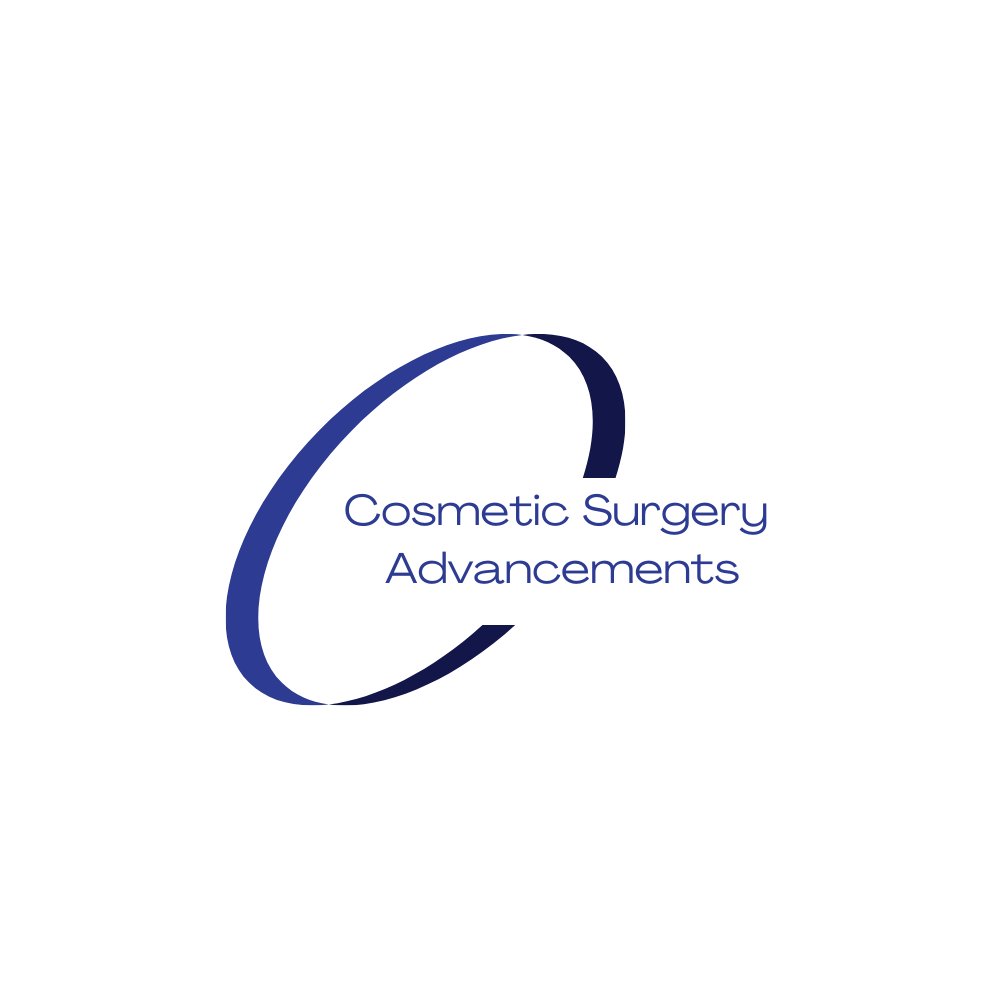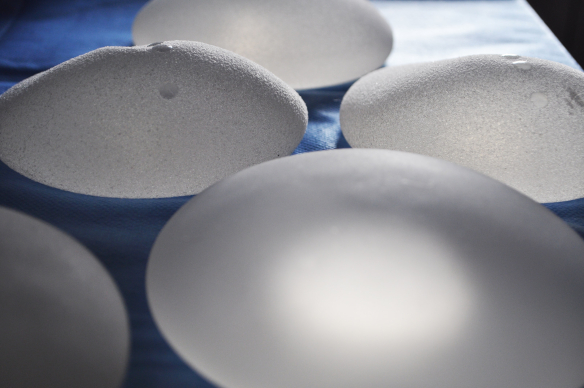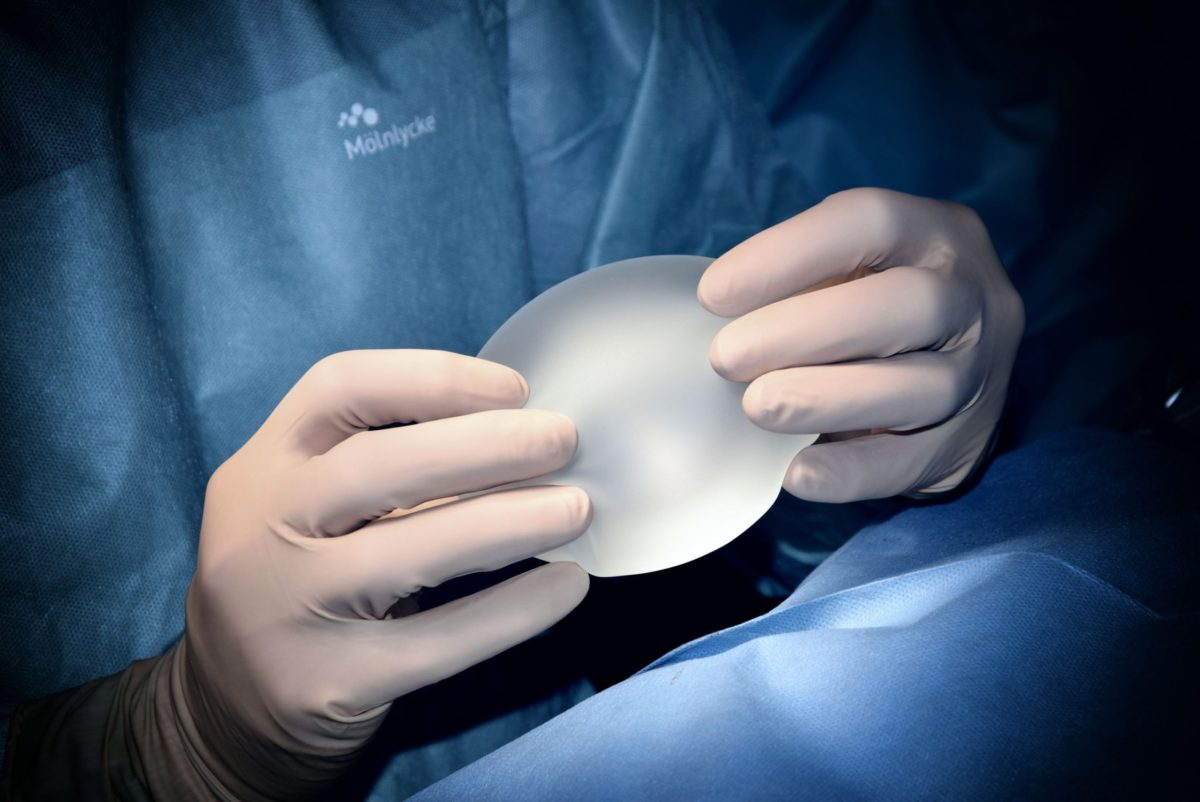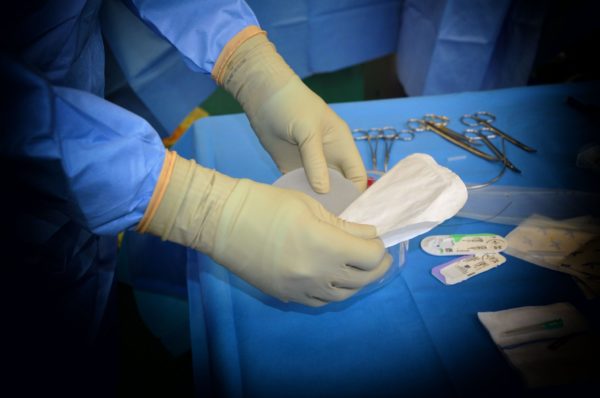Choosing the Right Scar Treatment
Scar treatments have evolved through research and knowing how they work and which ones you might want to consider is vital to ensuring you choose a scar treatment that is right for your individual requirements.
Regardless of the scar treatment you choose there are a number of other ways you can ensure your wound heals quickly and leaves a finer, flatter and less noticeable scar, these include:
Stop smoking
Smoking has been shown to interfere with wound healing and it is advisable to stop smoking a minimum of 2 weeks prior to surgery. Even if you only manage to stop smoking the day before your procedure, as long as you don’t start again after your surgery this will still significantly improve wound healing.
Reduce alcohol intake
It is vital you don’t drink alcohol 24 hours prior to any surgical procedure. You can also help to improve wound healing by reducing your alcohol intake for two weeks prior to the procedure. Your consultant will advise when it is safe to start drinking alcohol again following a procedure, however general consensus is you should not drink over the daily or weekly allowance. In the UK the advice from the NHS is to not drink more than 14 units weekly and to have a couple of drink free days, a week.
Eat nutritional food
Diet has been shown to have a significant impact on wound healing. Try to cut back on sugar and add foods high in vitamins and minerals. Increasing protein has also been shown to help the body heal faster and is relatively easy to achieve by eating larger portions of chicken and fish and reducing your portions of potatoes, rice and pasta.
Take supplements
The effectiveness of supplements has been widely debated and researched. The research points towards the benefits of taking supplements and vitamin A and C and zinc and copper, are vitamins and minerals associated with improved wound healing.
Contact your consultant or GP immediately if you experience any of the below symptoms following a surgical procedure.
- Increased bleeding
- Increase in discharge from incision site
- Pain increasing
- High temperature
I have done extensive research into scar treatments and recommend the following resources:
Inflammation as an orchestrator of cutaneous scar formation: a review of the literature
Update on Postsurgical Scar Management




